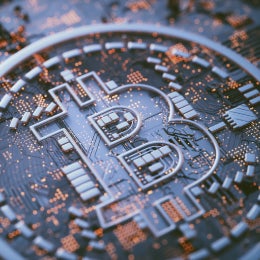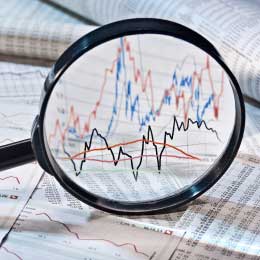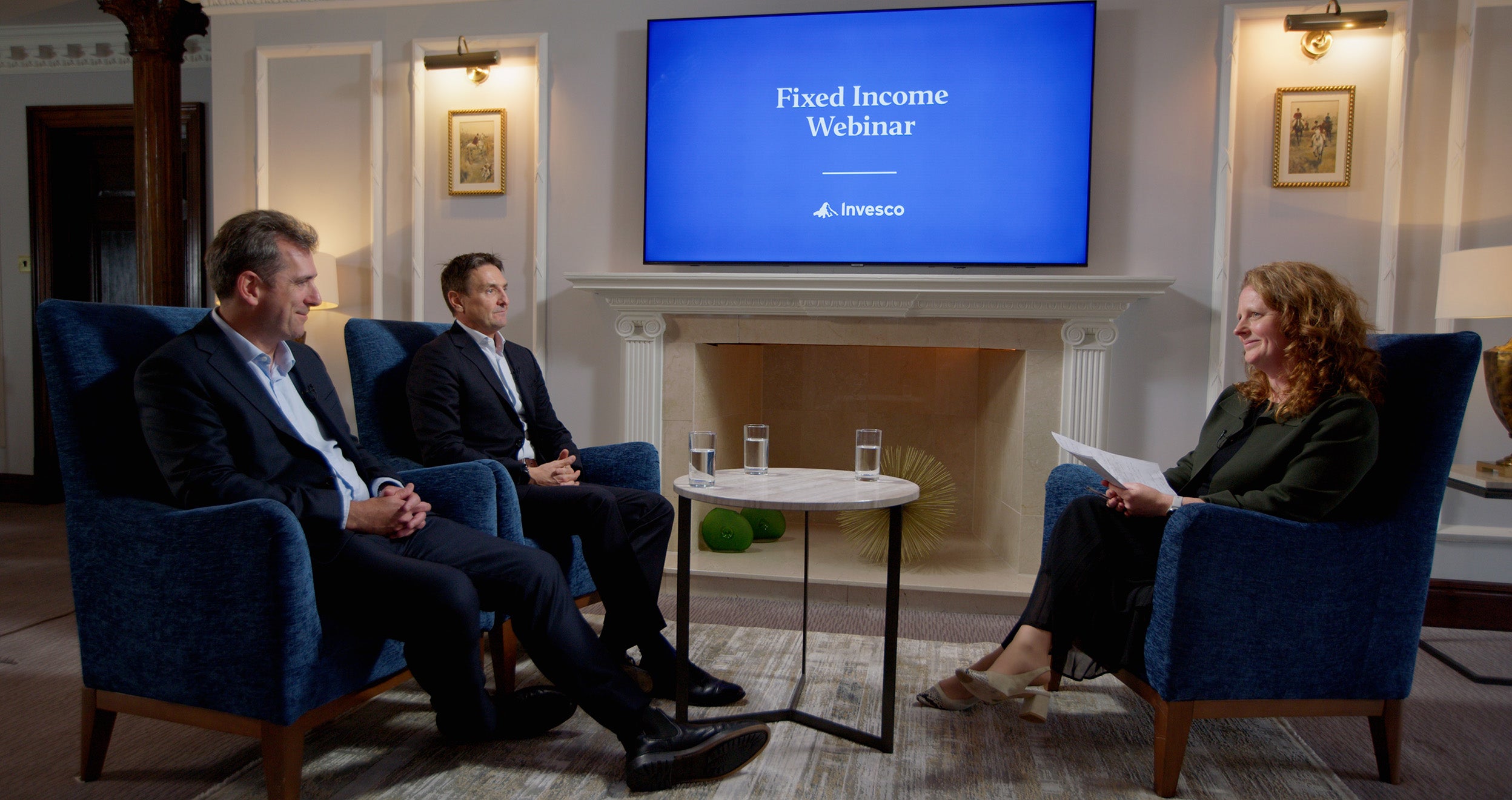
Digital assets: Is the bitcoin bull run just getting started?
Five key factors suggest cryptocurrencies may continue their 2024 momentum and see positive performance in 2025.
As one of the world’s largest ETF providers with over US$524 billion1 globally in ETF assets under management, we’ve been dedicated to ETF investing since 2003.
Our capabilities span regions and strategies across equities, fixed income and commodities.
Our culture of innovation lets us find new opportunities for investors, as well as ways to improve the performance of core ETF exposures.
Our ETF capabilities cover major equity, fixed income and commodity benchmarks and those providing access to innovative strategies and more specialist market segments, some not available from any other ETF issuer.




Sign up to discover and receive relevant emails about ETF themes and asset classes.

Digital assets: Is the bitcoin bull run just getting started?
Five key factors suggest cryptocurrencies may continue their 2024 momentum and see positive performance in 2025.

Monthly gold update
Gold endured a choppy month, hitting a high of US$2,952 before ending February at US$2,858, a gain of 2.1% for the month. Geopolitics continued to play a significant role in the gold price. Discover insights into the key macro events and what we think you should be keeping your eyes on in the near term.

Monthly fixed income ETF update
Bond markets generally performed well in February, although there were varying outcomes across different regions. Read our latest thoughts on how fixed income markets fared during the month and what we think you should be looking out for in the near term.

India’s economic growth: Standing out globally
India is one of the strongest growing economies in Asia, driven by digital transformation, robust consumption and expanding exports. Find out more.

The future of fixed income investing; takeaways from our webinar
As we enter the final quarter of the year, our experts look back at the ‘year of the bond market’ and share their thoughts on the outlook for Fixed Income assets going forward.
An Exchange Traded Fund (ETF) is a pooled investment vehicle with shares that can be bought and sold throughout the day on the stock exchange, in the same way that ordinary stocks and shares are traded.
Exchange Traded Commodities (ETCs) are listed debt instruments traded on a stock exchange and backed by a commodity. They are not funds or ETFs.
Benefits:
Low cost of ownership – ETFs tend to be cheaper than most other funds.
Liquidity – Creation/redemption process ensures liquidity
Ease of trading – ETFs can be traded on a stock exchange at any time, when open. May be an attractive feature for investors who are looking for more flexibility around when to buy and sell an investment.
Transparency – ETFs are very transparent and usually disclose their full list of holdings daily on the ETF provider’s website.
Index tracking – Physical and synthetic replication models may offer economic advantages
Risks:
Tracking differences: ETFs may not track an index perfectly. The difference between fund return and index return is called ‘tracking difference’.
Capital risk: Like any investment product, the value of an ETF may go down as well as up, and you may not get back the amount invested.
There are many ways for fund managers to track the performance of an index. These ‘replication methods’ fall into two broad categories, physical and synthetic.
Physical ETFs own the underlying stocks or bonds that comprise the benchmark index; whereas a synthetic ETF aims to deliver the index performance through a swap provided by an investment bank. A swap is a type of derivative contract where two parties agree to exchange (“swap”) one stream of flows for another.
At Invesco, we pioneered a synthetic method called “physical with swap overlay” whereby the ETF holds a basket of quality securities, which are not the same as those in the index but are expected to produce most of the returns. To reduce tracking error, the ETF has swaps often with multiple counterparties (investment banks) that pay the difference between the index return and the return of the basket of securities.
Smart beta is a term for any rules-based strategy that uses characteristics other than just geography and market capitalisation to select and weight the securities of the index.
1 30 November 2023
For complete information on risks, refer to the legal documents.
The value of investments and any income will fluctuate (this may partly be the result of exchange rate fluctuations) and investors may not get back the full amount invested.
Views and opinions are based on current market conditions and are subject to change. Data as at 31 October 2023, unless otherwise stated.
This is marketing material and not financial advice. It is not intended as a recommendation to buy or sell any particular asset class, security or strategy. Regulatory requirements that require impartiality of investment/investment strategy recommendations are therefore not applicable nor are any prohibitions to trade before publication.